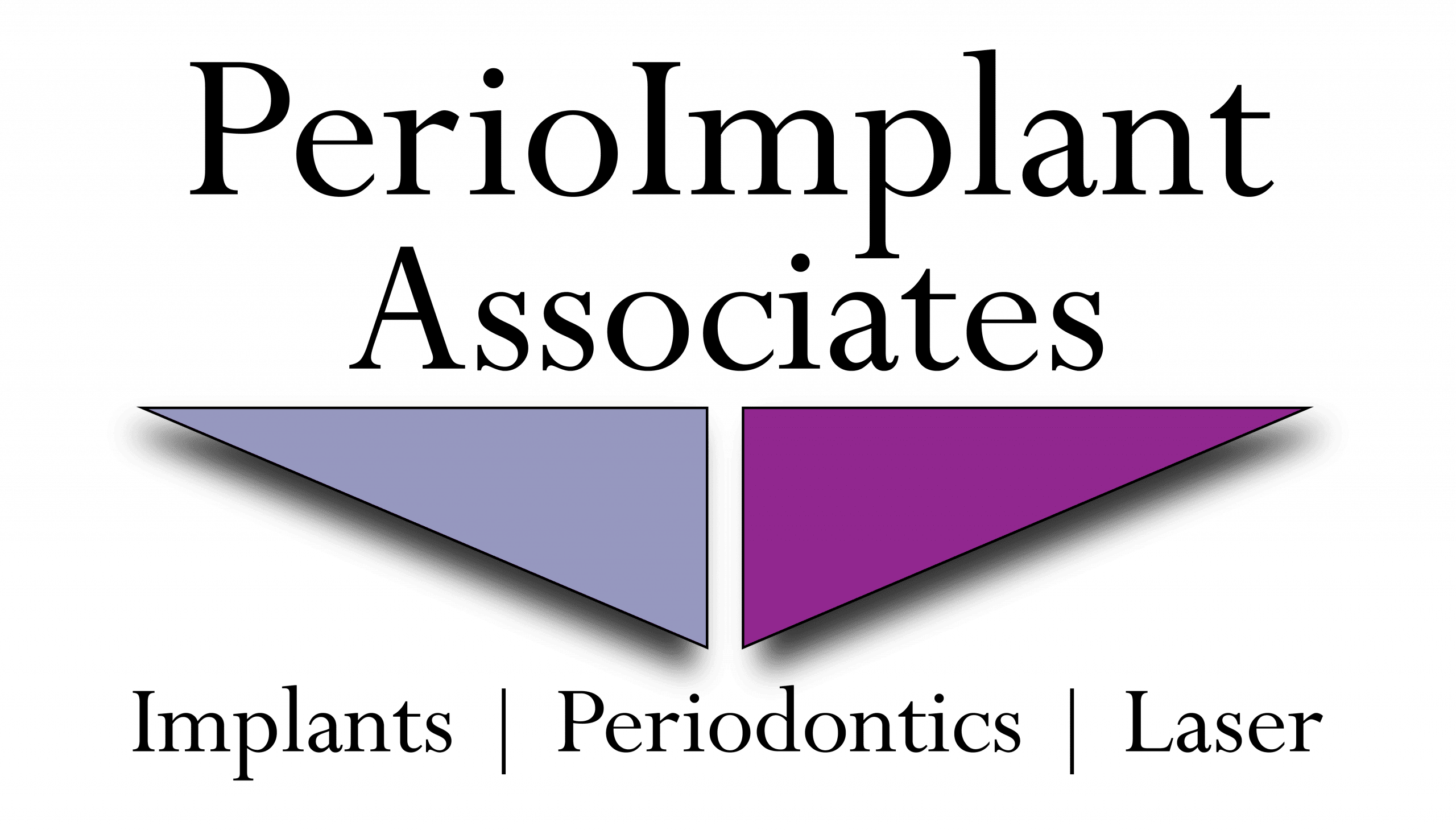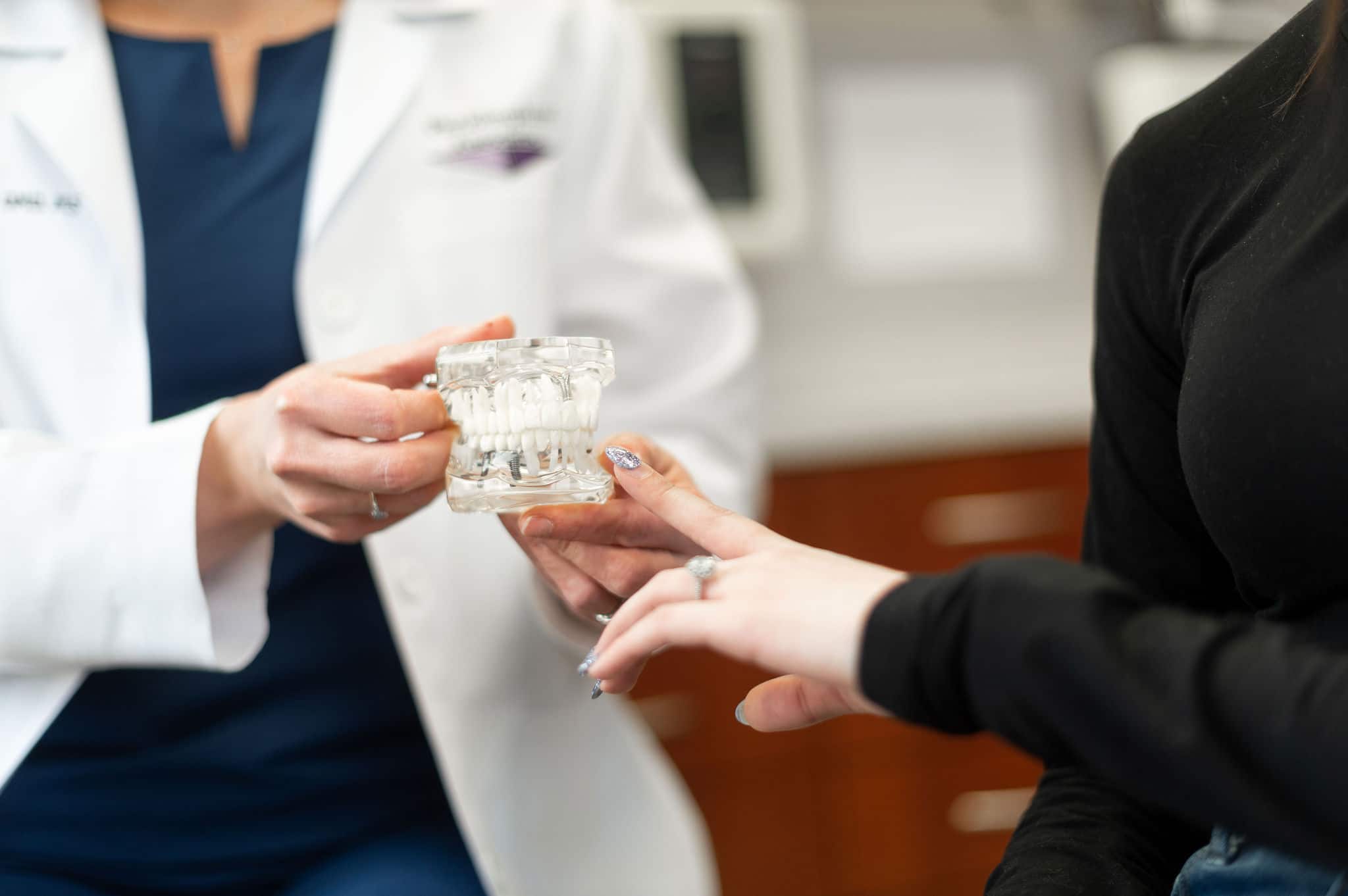Implant Overdenture Louisville, KY & New Albany, IN
An implant overdenture is becoming a popular denture restoration that combines two options into one quite successful solution. A traditional denture is designed to rest on your gums and is held in place with dental adhesive. An implant overdenture can now be your restoration solution if you need to replace missing teeth and have enough jawbone density to successfully support the dental implants. Once the dental implants have been surgically placed into your jawbone, they will be used to anchor, secure, stabilize, and support the dentures. An implant overdenture has special clips that snap onto attachments on the implants.
Implant Overdenture Information
You can have an implant overdenture restoration placed in either your upper or lower jaw. It is best to still plan to remove your implant supported dentures daily to both clean the appliance and the gum area beneath the denture. Sleeping with the implant overdentures at night is not advised. You may consider a permanent crown or bridgework restoration that is not removable. PerioImplant Associates will consider your desires and needs when we evaluate and review your options with you.
Benefits That Come with Implant Overdentures
There are some benefits associated with implant supported dentures when compared with traditional dentures. Here are a few to consider when deciding if this is the right option for your situation.
- Implant overdentures are more stable and secure than traditional dentures. They will not slip while you are speaking.
- The density of your jawbone is preserved, and further bone atrophy is prevented. This helps maintain facial structure integrity.
- Compared with conventional dentures, implant overdentures fit better and are more comfortable. There is less friction on the gums with the implant overdenture, therefore fewer or no sores.
- Implant overdentures are considered to be more natural looking than traditional dentures.
- Your biting and chewing ability will be dramatically improved. You will be able to eat harder and stickier foods. The implants function as tooth roots, delivering pressure sensations to the jawbone and nerves.
Contact Our Practice Today
Our goal is to get you back to smiling and chewing with confidence. With our qualified staff and compassionate team, we will listen to your questions and desires to find the best solution for your dental health.
How Implant Overdentures Function
There are two versions of implant overdentures: bar-retained and ball-retained. With both types, the denture appliance will be custom fabricated of an acrylic base that looks like your natural gums. Ceramic, porcelain, or acrylic crowns are attached to the base. Both versions of dentures need at least two implants for proper support.
- Bar-retained dentures — A thin metal bar following the curve of your arch is attached to two to five implants that have been surgically positioned in your jawbone. Clips are fitted on the bar or the denture. The denture appliance fits directly over this bar and is securely clipped into place.
- Ball-retained dentures — Each surgically placed implant has an attachment on the end that is ball shaped. These ball shaped attachments then snap directly into a female nylon socket on the backside of the appliance.
The Aftercare of Your Implant Overdenture
PerioImplant Associates will suggest that you remove your appliance at night for proper cleaning. We also want you to clean carefully around the attachments.
We will assess your appliance to make sure it is securely anchored. Any slight movement can cause minor rubbing against your gums, which will cause sore spots. Your dentist will check your gums and will check your bite after the insertion of the final denture.
The clips or other attachments on your implant overdentures will need to be replaced every 6 to 12 months. They are made of plastic nylon and will show wear with your continued use.
Our Specialists Tell Our Story Best
Ramsey Burton, DMD
Dr. Ramsey Burton is originally from Nashville, TN. He received both his undergraduate and doctorate degrees from the University of Louisville. Following dental school, he completed periodontal specialty training at the University of Kentucky.
Courtney Shearer, DMD, MS
Dr. Courtney Shearer was born and raised in Louisville, KY. She attended Washington and Lee University for her undergraduate degree. She then attended the University of Louisville School of Dentistry where she received her Doctorate in Dentistry.
Jodie Lusby, DMD, MSD
Dr. Jodie Lusby is a Board Certified Periodontist and grew up in Florence, KY. He attended the University of Kentucky where he received his biology degree and graduated Magna Cum Laude. He then attended the Louisville School of Dentistry.
The Procedure for Receiving Implant Overdentures
During your initial consultation, the detail-conscious team at PerioImplant Associates will review your medical and dental histories, take the necessary X-rays, and create impressions of your arch so that models can be created. We might add a computed tomography (CT) scan of your mouth. This scan will show us exactly where your sinuses are located above your upper arch, and the nerves in the lower arch. It will help us identify the perfect position for the implants. A CT scan can also show the jawbone density. We will make an appliance if you are not wearing a denture. You will use this temporary denture until your implant overdenture is placed.
With this temporary denture, we can also visually identify the ideal position for artificial crowns in the permanent denture. We can also use a copy of the temporary denture as a guide to direct the implants into the precise positions.
We next administer a local anesthetic to numb the immediate area for the implant placements. We will create small incisions and surgically place each tiny titanium post into your jawbone. We will close the sites with sutures.
PerioImplant Associates will wait several months to allow the jawbone and the implants to integrate or fuse together.
After the implants have become fused with the jawbone, the second, simple surgery is scheduled. A small incision is made to expose the tops of the implants. We then attach an abutment or extension to the titanium post, so it will reach the surface of your gumline. There is minor healing and then your dentist can make a final impression of your gums and the abutments. This is the final roadmap for the specific and precise locations for the final denture framework, either ball or bar.
With the final denture now fabricated, your dentist could have some very minor adjustments at your final fitting for your final implant overdenture. It can take about four appointments for the entire process.

A Warm and Caring Welcome to Our Practice
Our entire team at PerioImplant Associates has one primary focus, and that is to address and perfect your oral health needs. It can be normal to feel anxious about visiting a general dentist, or even a dental specialist such as a periodontist. Understanding those feelings, we will always take the time to explain the benefits of the procedure that is being proposed. Both offices, Louisville, KY, and New Albany, IN, are trained to address all issues and concerns. We will highlight the aspects of your periodontal treatment, introduce our staff, and explain any general office policies. Call us today about an evaluation for an implant overdenture procedure for you. Each of us will greet you with a warm smile and send you home with a healthy smile of your own.

